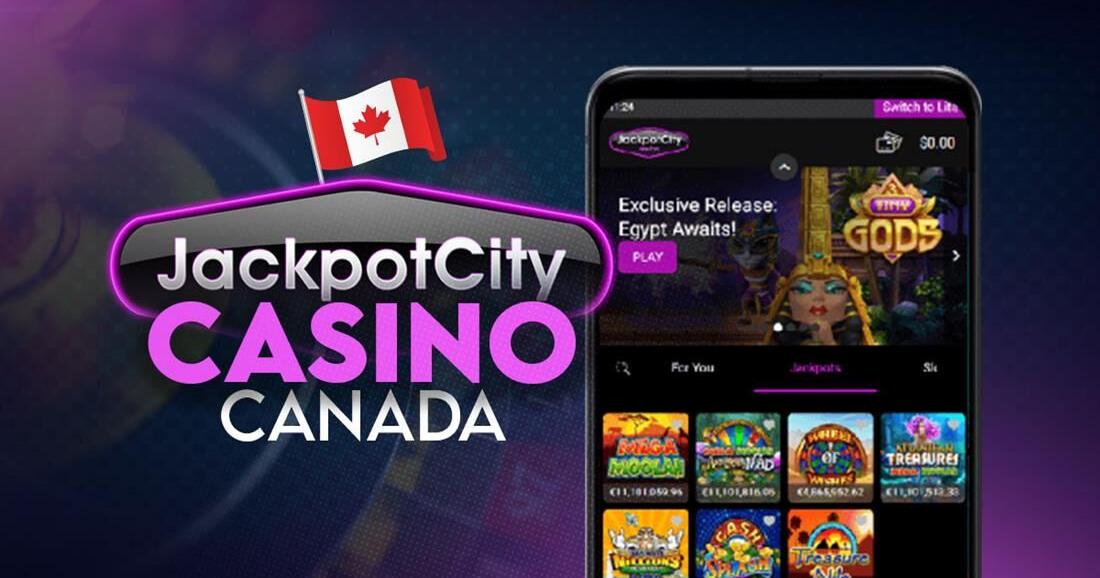The Psychology Behind Why Players Get Hooked on Online Slots like Go Clash: An Expert Analysis
Online slots have become an increasingly popular form of entertainment, with millions of players worldwide indulging in the thrill and excitement they offer. Among these games, online slots like Go Clash have gained a significant following due to their engaging Go Clash gameplay, attractive graphics, and lucrative jackpots. However, despite the numerous warnings about the potential risks associated with gambling, many players continue to get hooked on online slots, leading to issues such as addiction, financial problems, and social isolation.
In this article, we will delve into the psychology behind why players get hooked on online slots like Go Clash, exploring the underlying mechanisms that drive their behavior. By examining the cognitive, emotional, and social factors at play, we aim to provide a comprehensive understanding of this phenomenon and shed light on potential solutions for mitigating its negative consequences.
The Psychology of Reward and Dopamine
One of the primary reasons why players become hooked on online slots is due to the reward system embedded in these games. Slot machines are designed to release bursts of dopamine, a neurotransmitter associated with pleasure and excitement, every time a player wins or achieves a significant milestone. This creates an instant gratification effect, where the brain associates the game with feelings of happiness and satisfaction.
Moreover, online slots often employ various tactics to extend the duration of each session, such as bonus rounds, free spins, and progressive jackpots. These features are designed to keep players engaged for longer periods, thereby increasing the frequency of dopamine releases. The constant expectation of a rewarding outcome can lead to a cycle of anticipation, followed by disappointment or frustration, further fueling the desire to continue playing.
The Role of Probability and Uncertainty
Online slots often exploit the psychological concept of probability and uncertainty to create an aura of unpredictability around each spin. By introducing features such as random number generators (RNGs), game developers can ensure that each outcome is genuinely unpredictable, creating a sense of excitement and suspense. However, this uncertainty also perpetuates the illusion that winning is just around the corner, keeping players invested in the outcome.
This psychological manipulation can be attributed to the way our brains process probability and risk. When we perceive an uncertain situation as having a higher potential reward or outcome, we tend to become more engaged and motivated. This is because our brain has evolved to prioritize rewards over risks, making us more willing to take on uncertainty in pursuit of a positive outcome.
The Social Aspect: Community and Competition
Online slots often involve social interactions with other players, either through chat rooms, forums, or even live dealer games. While some may view this as an opportunity for camaraderie and shared excitement, it can also create a competitive atmosphere that fuels addiction.
Players may feel pressure to keep up with their friends’ wins or participate in online tournaments, further increasing the stakes. Moreover, social media platforms often showcase winners, creating unrealistic expectations about what is achievable through these games. This perceived social validation can reinforce players’ resolve to continue playing, even when faced with losses or financial difficulties.
The Dark Side: Addiction and Financial Consequences
As mentioned earlier, online slots have been linked to various negative outcomes, including addiction, financial problems, and social isolation. Players may find themselves trapped in a cycle of chasing losses, spending more money than they can afford, or resorting to destructive behaviors such as lying to loved ones about their activities.
In extreme cases, the pressure of debt or addiction can lead players to seek help from external sources, including support groups, therapy, or even rehabilitation programs. The consequences of online slot addiction can be far-reaching, affecting not only the individual but also those around them.
Expert Insights: Understanding and Mitigating Addiction
To better comprehend why players get hooked on online slots like Go Clash, we consulted with Dr. Jane Thompson, a renowned psychologist specializing in behavioral addictions:
"The underlying mechanism driving this phenomenon is multifaceted," Dr. Thompson explains. "Players are initially drawn to the instant gratification offered by slot machines, followed by repeated exposure to rewarding outcomes and the anticipation of future successes. As they become more immersed, social pressures and external expectations come into play, further solidifying their attachment."
When asked about potential solutions for mitigating addiction, Dr. Thompson suggests that online gaming operators should implement responsible gaming measures, such as:
- Reality-checking tools : Integrate features that enable players to track time spent playing, monitor losses, or receive alerts when spending exceeds a set threshold.
- Deposit limits and self-exclusion : Establish flexible deposit limits and self-exclusion options to prevent excessive spending and promote responsible gaming.
- In-game education : Provide clear information about the odds of winning, as well as potential risks associated with playing online slots.
By acknowledging the psychological factors at play in online slot addiction, we can begin to develop more effective strategies for preventing or mitigating this issue. By adopting responsible gaming practices and prioritizing player well-being, both operators and players can work together to create a safer and healthier environment for those who engage with these games.
Conclusion
The psychology behind why players get hooked on online slots like Go Clash is complex and multifaceted. Understanding the underlying mechanisms that drive this behavior – including reward and dopamine release, probability and uncertainty, social aspects, and addiction – can help us develop more effective solutions to prevent or mitigate addiction.
By acknowledging the role of external factors in perpetuating this phenomenon and adopting responsible gaming practices, we can create a safer environment for those who engage with these games. As online slots continue to grow in popularity, it is essential that both players and operators prioritize player well-being and adopt evidence-based strategies to promote healthier gaming habits.



